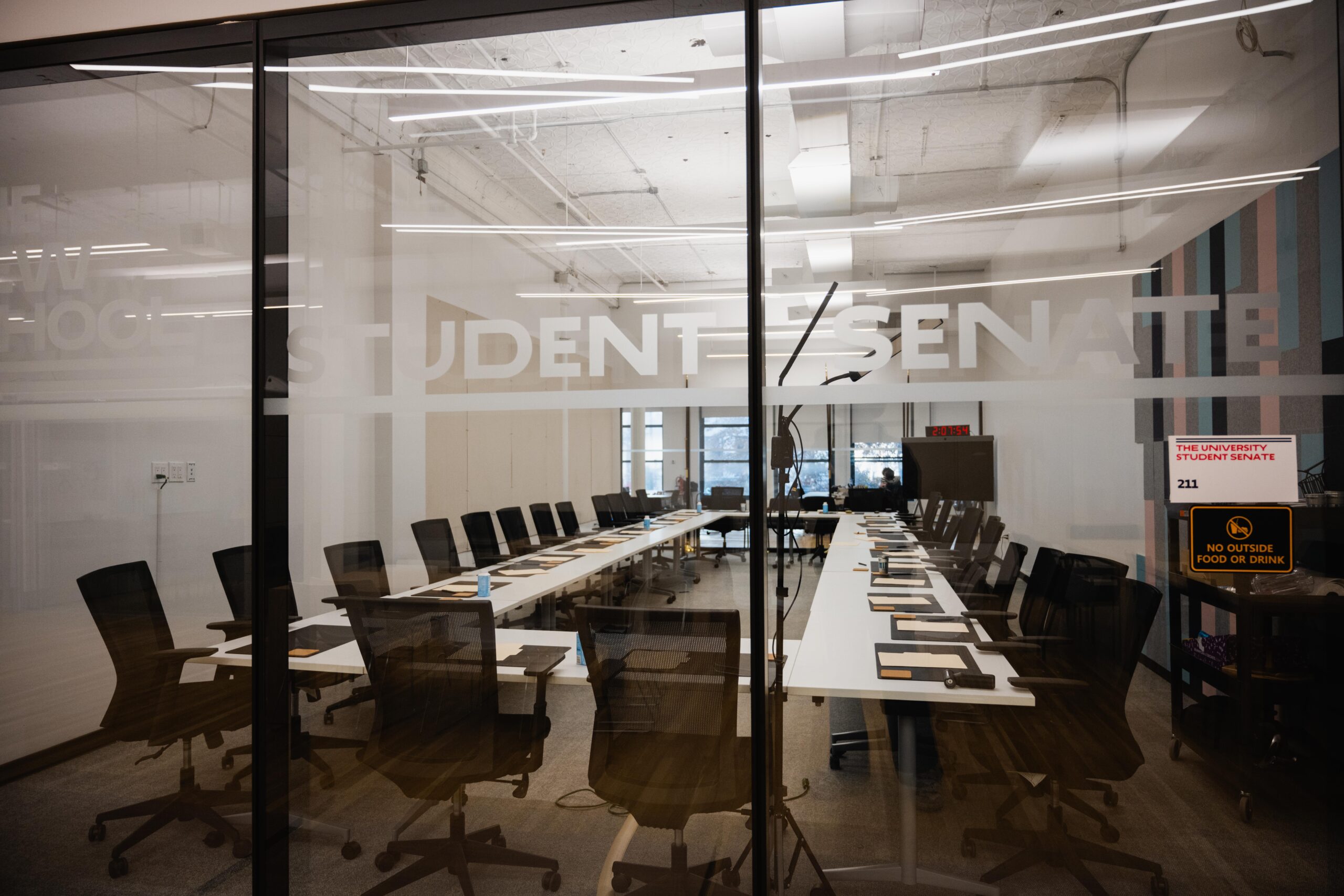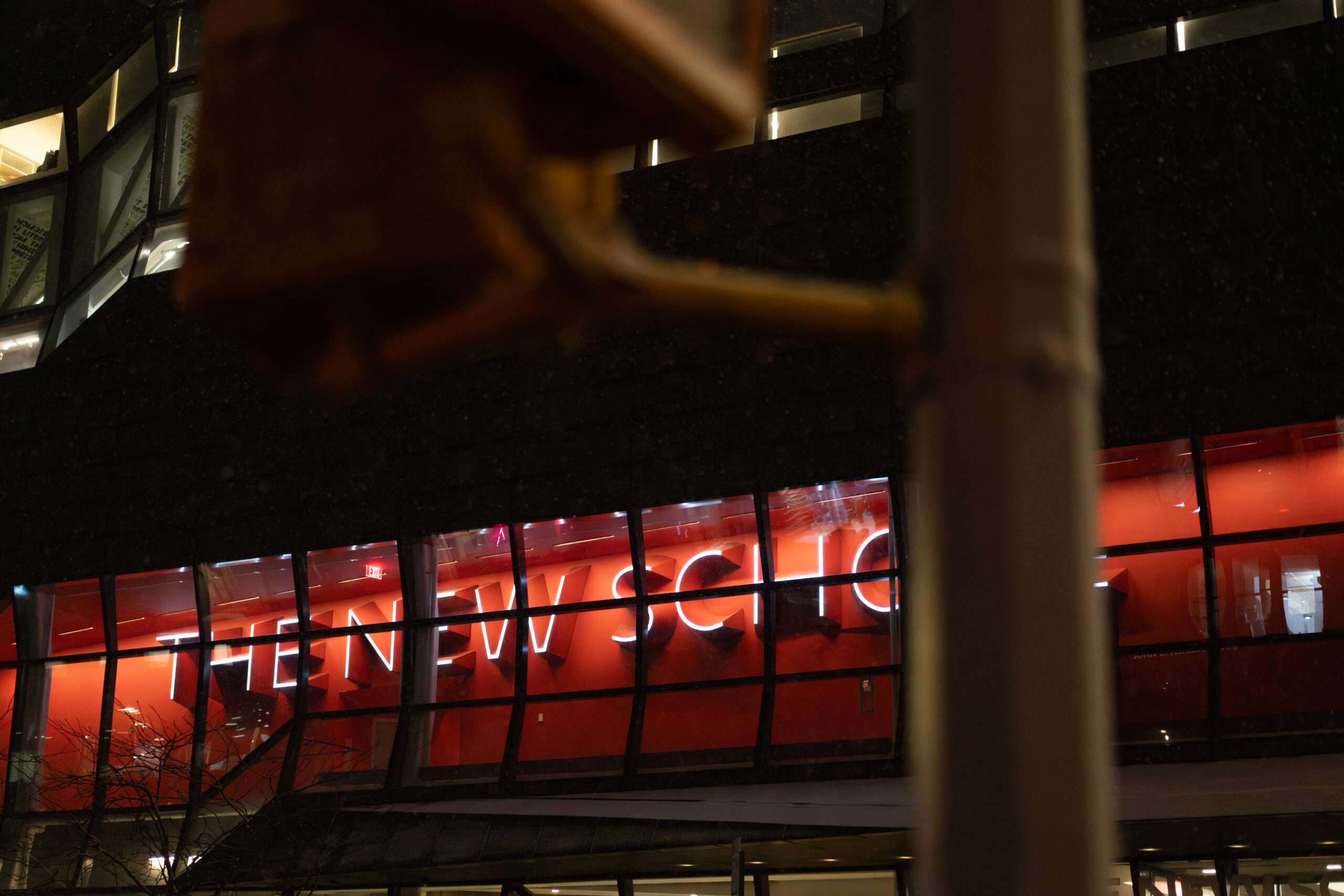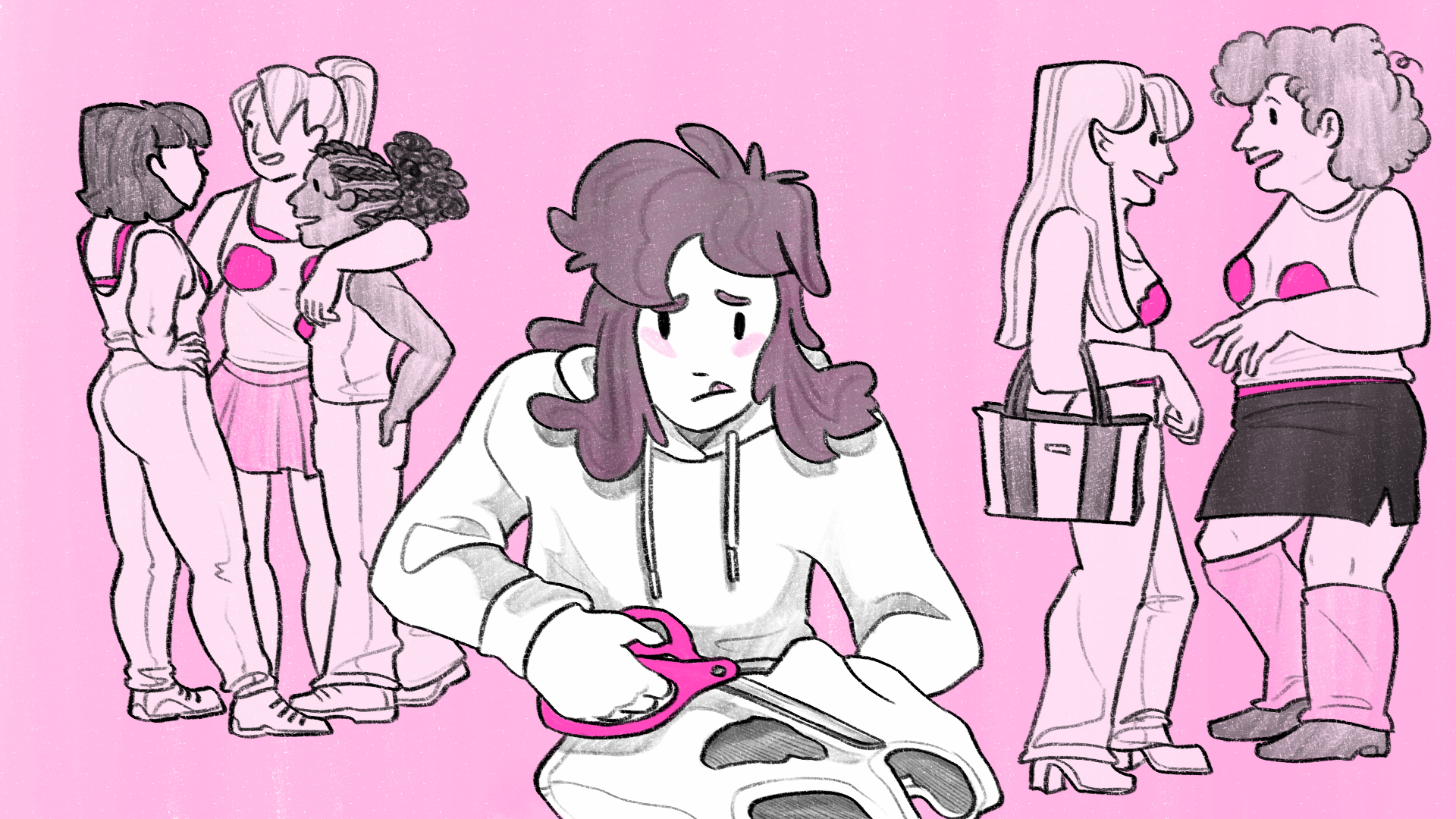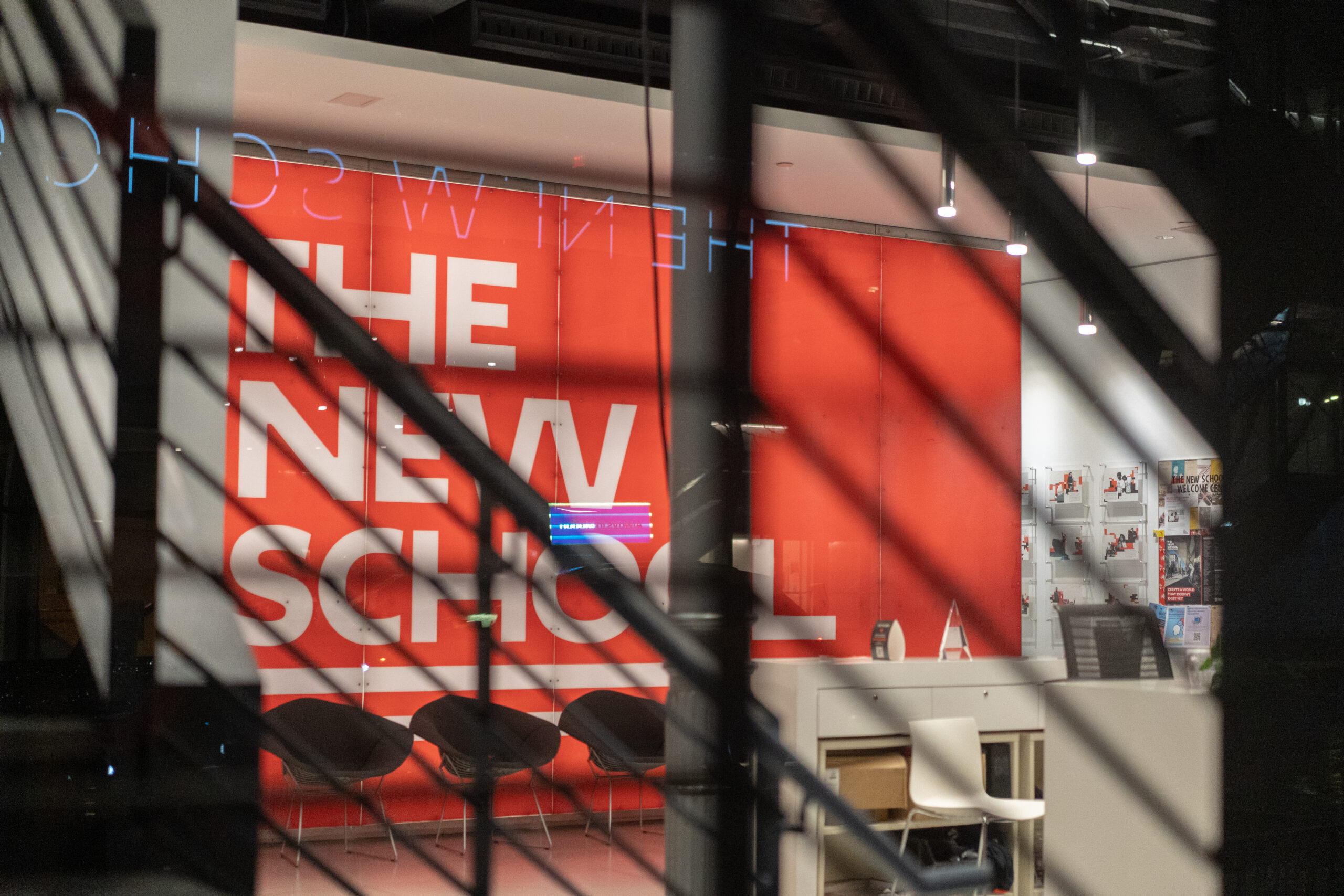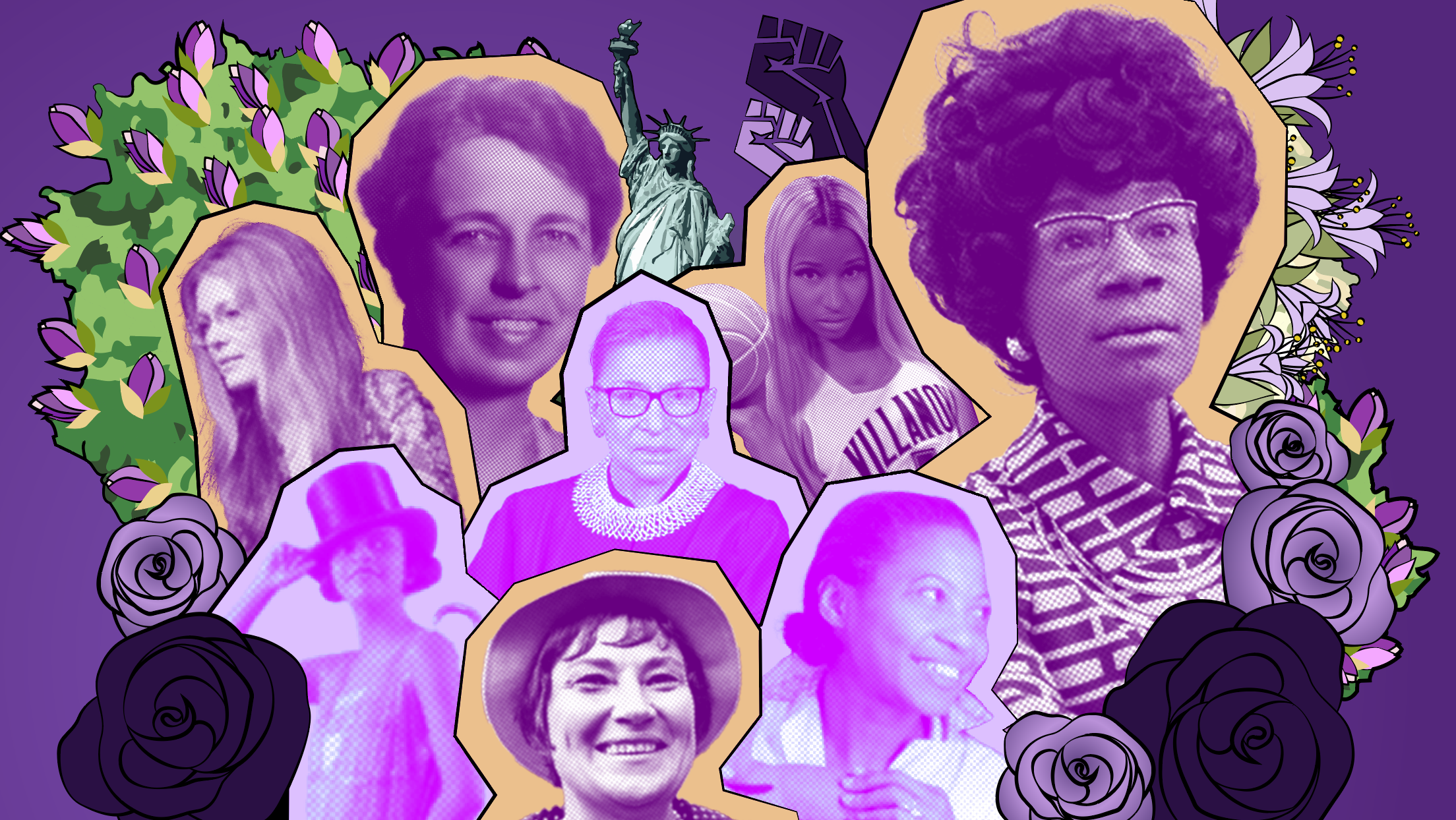Isabela Coppel, a freshman at Eugene Lang, sat in the chair of a cafe with her elbows rested on the table in front of her, attentive both with her blue eyes and her smile. When told she looks like a classical ballerina, she responded, “My mom was a classical ballerina!” In addition to her high cheekbones, porcelain complexion and curly hair wrapped into a bun, Coppel has cerebral palsy. This means her movements are slower since it takes longer for her brain to send signals to parts of her body.
“I’m used to classmates staring at me. I was used to it before I came to The New School, since it’s happened pretty much all of my life,” Coppel said. “People stare at things or people that are different, and I happen to be different. It doesn’t bother me that they stare really.”
We spoke to students about unexpected acts of kindness from peers, the difficulties of being open about their disabilities, what it feels like to be stigmatized and their surprise about the school’s lack of a support organization.
The Americans with Disabilities Act of 1990 defines a person with a disability as “anyone with a physical or mental impairment that substantially limits one or more major life activities, such as walking, seeing, learning, hearing, speaking, or breathing.”
There is no way to know the exact percentage of students with disabilities attending the New School, because not all students choose to self-identify as disabled, according to Jason Luchs, the Director of The New School’s Student Disability Services. Students who have identified as disabled make up only three percent of the university population.
Luchs said some of the issues that his department faces is bringing students together as many feel more comfortable keeping their disabilities private.
“The challenge I see with bringing students with disabilities together in a club or organization is that some students are very private and do not want to be identified as having a disability, which is their right,” Luchs said.
The New School provides resources for students with disabilities, such as extra time on exams, class notes in advance and sign language interpreters when necessary. Luchs explained that each situation is different and calls for an “individualized analysis to determine what the student needs.”
Although these options are available, more than half of the students the New School Free Press interviewed expressed a desire for an organization that could help them meet more friends at the school with whom they can speak freely and empathize.
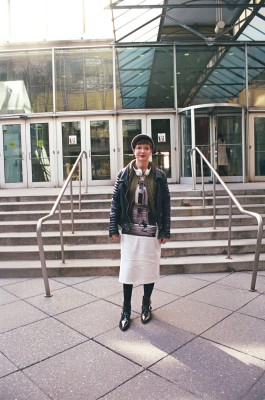
“I just wish there were more disabled students at our school,” Coppel said. “I know there are some, but I don’t know a lot of them. I wish there was a club, or even more of a community. It would be nice to have kids to relate to that go through the same things that I do.”
‘Access New’ was a student-run group for disabled students at The New School. The organization was started by Sarah Aulombard, who has since graduated, along with the rest of the former members. Since their graduations, the group no longer meets and is not listed under student clubs and organizations.
Coppel says she has encountered acts of kindness among students at the school, regardless of whether they can relate to her disability or not.
“A few days ago, I was walking through the courtyard of Eugene Lang and I tripped on an uneven part of the ground… I was going too fast. Almost every student in the courtyard, like four people, came up to me and helped me up. It was really nice,” Coppel said.
Another student, Eduarda Schoch, a BAFA student at Parsons and Lang who has cerebral palsy also feels that responses from professors and students have been mature and kind.
“I get the odd question here or there, but overall the reception has been very mature compared to previous ignorant responses at other institutions,” she said.
She recounted an instance where a student complimented her for the Swan Neck splints she wears to keep her fingers from hyper flexing due to her diagnosis. The girl mistook the splints for rings and when Schoch told her what they were actually for, the student backpedalled awkwardly.
“To me that situation proved to be a very positive one, as she thought that they were a fashion accessory rather than a medical device,” Schoch said. “Which was evidence that the Swan necks are just another facet of my being and that they aren’t a big deal to people.”
Despite acts of kindness and respectful attitudes, other students spoke about how they weren’t comfortable talking to their peers about how they were feeling.
Ben Smith is a junior at Eugene Lang College. He bartends at a music venue in Bushwick and wishes to study music journalism. Smith has been diagnosed with anxiety, depression and ADHD. His anxiety inhibits him from speaking to just anyone about the troubles he is facing.
“In reality I don’t think there are many people at school who I would naturally go to and be like, ‘Hey I’m going through a really tough time, can we talk about it?” Smith said.
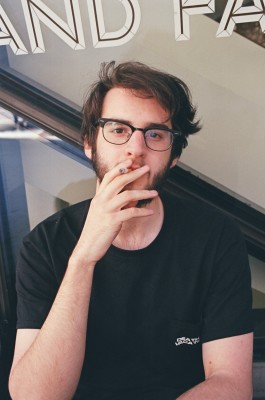
Charlie Innis is a junior at Eugene Lang. He is articulate, speaks with his hands, and spends his time writing and painting. Innis was diagnosed with anxiety and depression in freshman year of high school. He attended a public high school in The Bay Area of California, and dropped out before his senior year to seek treatment.
“I currently see a therapist every week, but sometimes I feel like it’s not really that much and I don’t really ever talk to people in my peer group about stuff,” Innis said.
Innis expressed his surprise at the lack of an organized support at The New School for disabled students.
“It’s almost like our school consists of outsiders,” Innis said. “So it’s really weird that there isn’t a club.”
Immediately after he finished speaking, Innis reached for his book, titled ‘The Braindead Megaphone’, opened it, and began to read. He stopped fidgeting and sat still, a look of attentiveness washed over his face. Other students entered and exited the building hurriedly, chatting and laughing to each other. One girl made a comment about another’s sweater. Innis remained uninterrupted, absorbed by his book.


